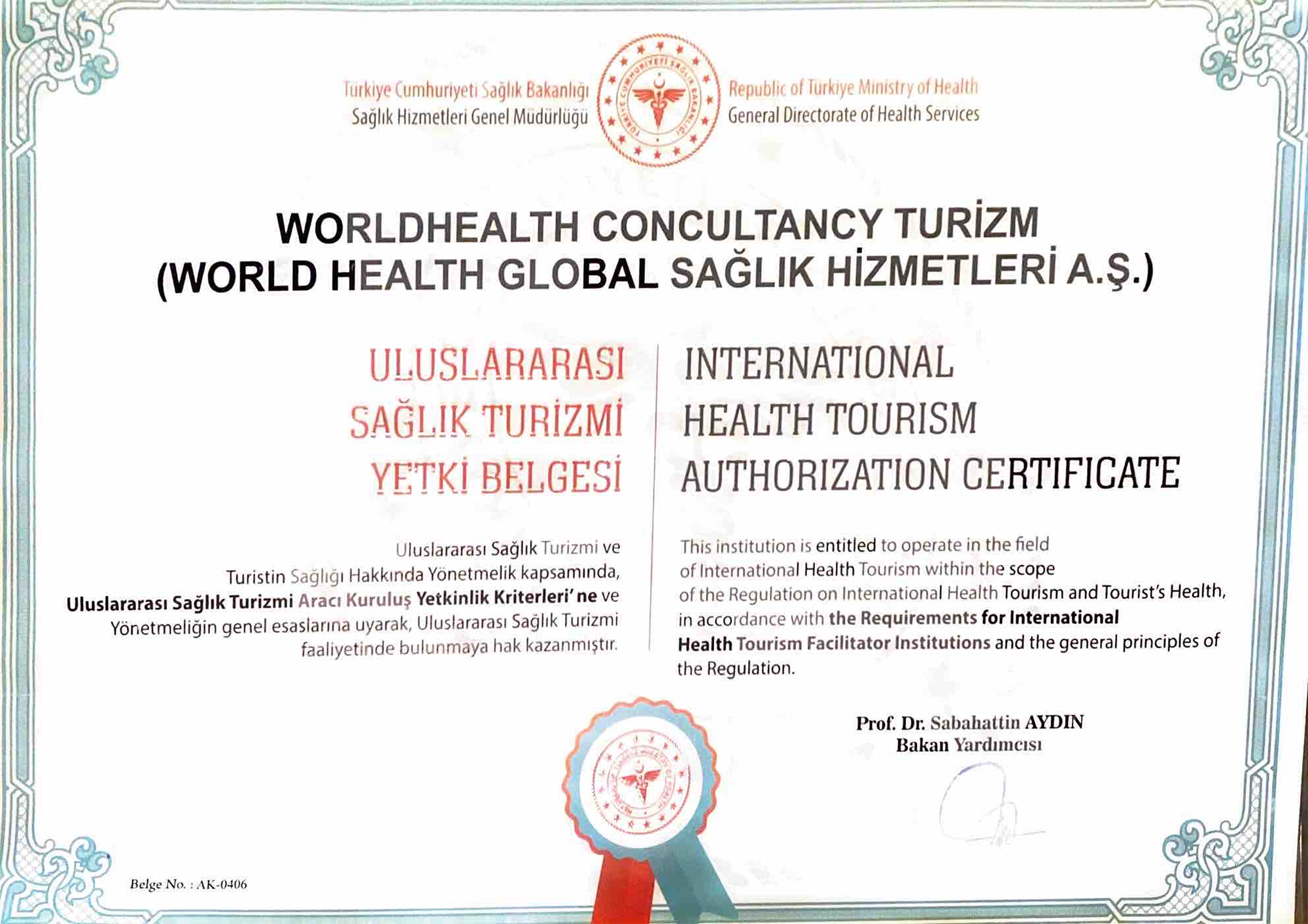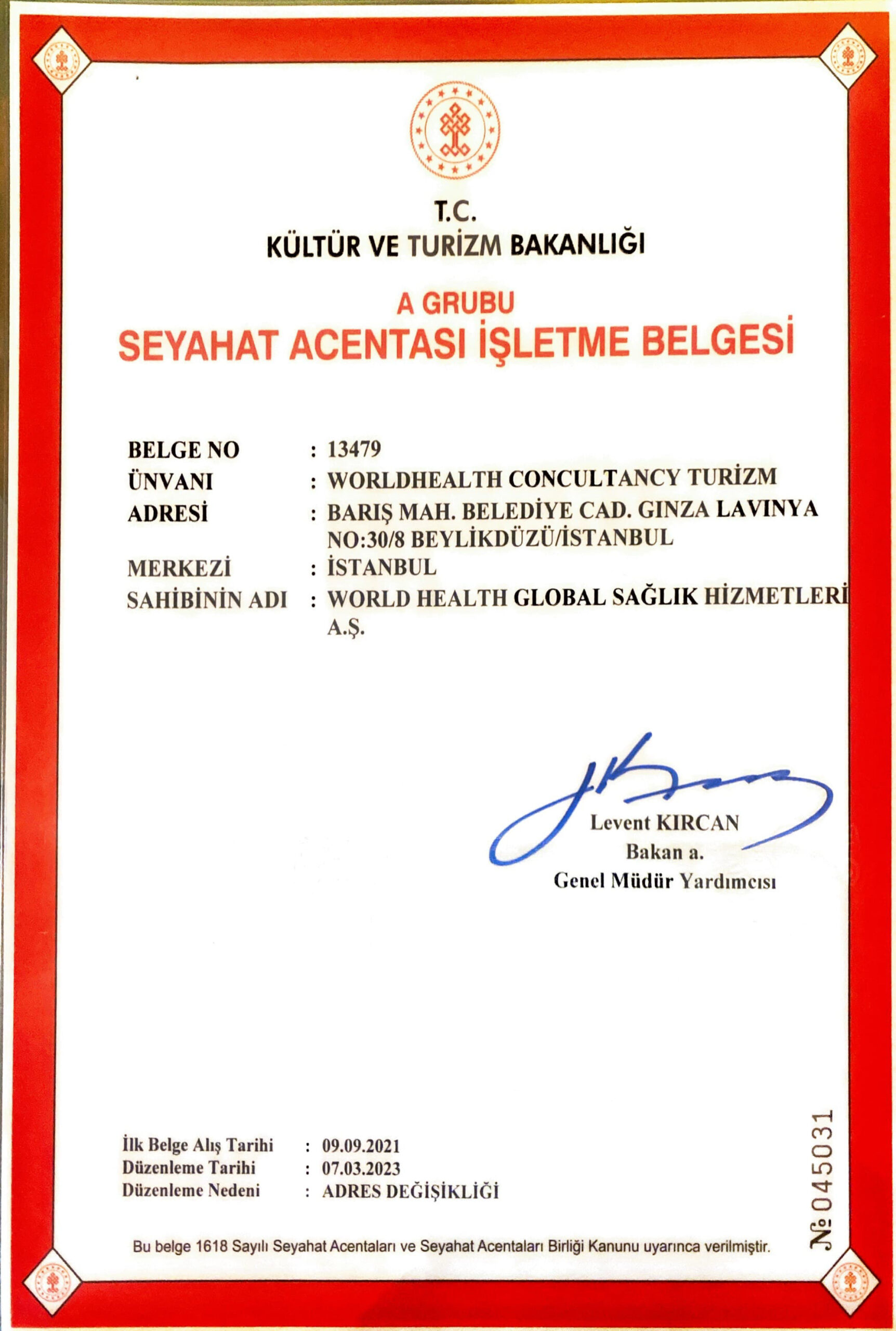What is Obesity, the Disease of Our Age?

Obesity is the excessive increase in the ratio of the body’s fat mass to the fat-free mass. This results in an increase in body weight above the normal level according to height. It is a treatable disease that can be prevented with weight loss diets and some applications that support the diet. However, in patients with severe obesity, especially when the risk of developing serious complications is high, treatment can also be performed with bariatric surgery applications. These applications are such as gastric sleeve, stomach reduction, gastric bypass in line with doctor recommendations.
What are the Causes of Obesity?
Although there is no exact explanation about the causes of obesity, lack of physical activity and malnutrition are the most important factors leading to this disease. In addition to these factors, many genetic, environmental, neurological, physiological, socio-cultural and psychological factors cause obesity and these are related to each other. Plus, conditions such as hormonal disorders, thyroid diseases, use of certain medications may also be among the causes of this disease.
Obesity in young, old and children:
Although childhood obesity does not increase the risk of obesity in adulthood, weight gain from the age of 4 increases this risk. It is thought that 10-40% of overweight children will be 50-80% obese in adulthood.
In general, obesity or obesity is more common in industrialised and developed countries, more common in cities than in villages, more common in women than in men, and more common in short and medium-sized people. However, a decrease in energy expenditure at the onset of old age (50-65 years) appears to contribute to the increase in body fat as we age.
So, some suggestions to the question ‘Can weight gain be prevented?’:
- Avoid fast foods called fast-food.
- You should avoid fried foods with high fat content, and gain the habit of eating vegetables and fruits .
- In the formation of obesity, the speed of eating is as important as the calorie content of the food consumed. Therefore, you should eat slowly and chew well.
- Walk or ride a bicycle instead of travelling by car.
- Reduce consumption of sugary and carbonated drinks.

Obesity Treatment
This treatment aims to ensure that the patient has a healthy life.
For this purpose, it helps the patient to get rid of obesity by applying diet, exercise and drug treatments.
The methods used in obesity treatment are divided into 3 groups:
Medical nutrition (diet) treatment:
Many people think of ‘eating less food’ programme when diet is mentioned. People in obesity treatment should be fed 4-6 meals a day instead of few meals. With diet programmes prepared by expert dietitians, the hours when the person should eat are specifically determined.
It should not be forgotten that medical nutrition (diet) treatment is specific to the individual and the main purpose of this application is to provide the individual with the right eating habits and to maintain this habit.
Exercise therapy:
Exercise, which is one of the methods and indispensables of effective weight loss, is one of the types of physical activity. Exercise, which is effective in the treatment of obesity, should be performed at moderate intensity, on average 5 times a week and each exercise should be at least 30 minutes. Exercises that should be done in a disciplined manner can be shaped according to the age, gender, living conditions and sports history of the person.
Surgical treatment
Surgical approach in obesity is basically divided into two. In bariatric surgery aimed at reducing the energy intake with food, the goal is to reduce the absorption of nutrients in the gastrointestinal system. For this purpose, gastric reduction surgeries bypass, gastroplasty, gastric banding, gastric balloon etc. methods are used.
In reconstructive surgery, the aim is to remove the existing fat tissues localised in various parts of the body, for this purpose, aesthetic methods such as liposuction and gynaecomastia are applied. The patient should fulfil the requirements of obesity treatment in order to prevent fat accumulation again.
Obesity in the world
Obesity is one of the most important diseases of our age in developed and developing countries. It is not only an aesthetic problem but also facilitates the emergence of many diseases. Type 2 diabetes, hypertension, arteriosclerotic heart diseases, and menstrual cycle disorders are some of them. Other conditions include increase in pregnancy complications, gallstones, fatty liver, sleep apnoea, osteoarthritis, and depression.
On 4 March World Obesity Day, the aim is to raise awareness in the society about this disease, which is accepted as a chronic disease. This disease is the second most important cause of preventable deaths after smoking.
If you want to get information about the obesity treatment method and prices suitable for you, you can fill out the form below, or you can contact the expert TurkeyCares team directly via our Whatsapp line.



 WHATSAPP
WHATSAPP